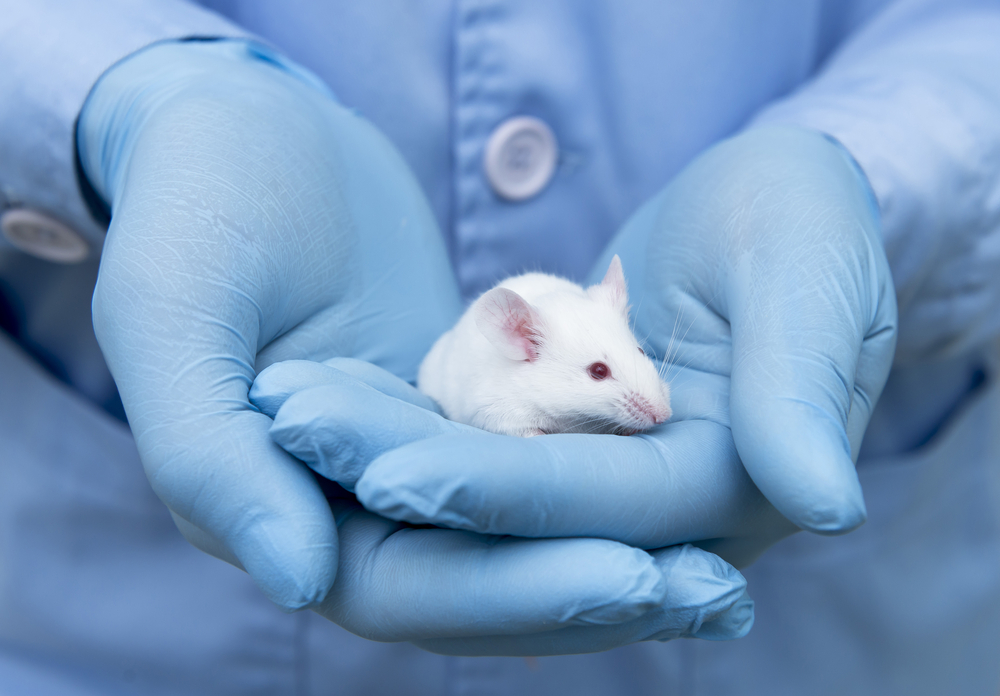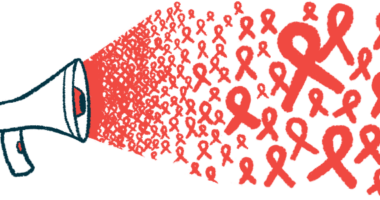Herbal Formula May Reduce Inflammation and Oxidative Stress in ALS Patients, Mouse Study Suggests

Gamisoyo-San (GSS), an herbal formula widely used in Asian countries to treat depression, anxiety and other conditions, significantly reduced inflammation and oxidative stress in mice in a study of amyotrophic lateral sclerosis (ALS), suggesting that GSS could be used as an alternative treatment with fewer side effects than conventional medicines.
The study, “Anti-Inflammatory Effect of Gamisoyo-San in an Animal Model of Amyotrophic Lateral Sclerosis” was published this June in the journal Evidence-Based Complementary and Alternative Medicine.
ALS, also known as Lou Gehrig’s disease, is a neurodegenerative disorder that results in the death of motor nerve cells that connect the brain and spinal cord to the rest of the body. The progressive inability of the brain to control the muscles used in voluntary movement leads to muscle weakness or atrophy.
The mechanisms behind the development of ALS remain poorly understood, but inflammatory and immune responses, as well as oxidative stress – when the amount of oxygen-associated toxic molecules exceeds the levels of antioxidants, causing damage – have been associated with motor nerve cell degeneration. A link between nerve cell inflammation and disease progression also has been proven in ALS animal models.
There is no cure, but approved therapies – such as Rilutek (Riluzole) and Radicava (edaravone) – aim to slow the disease’s progression and ease symptoms. However, the therapies’ cost, side effects, and poor therapeutic effects drive many patients to try complementary and alternative medicines, even though there is no direct evidence of their effectiveness in ALS.
Among these treatments are acupuncture, energy healing, homeopathy, nutritional supplements, and herbal medicine, all thought to have fewer adverse effects.
Gamisoyo-San (GSS) – also known as JWXYS and kami-shoyo-san – is a well-known formula in complementary alternative medicines. It is used to treat anxiety, depression, insomnia, anorexia, headache, dry eyes, palpitations, hot flashes, and irregular menstruation.
A 2016 study reported that GSS treatment reduced the production of inflammatory molecules and had anti-inflammatory effects on a specific type of white blood cell, suggesting that GSS could be used to treat or prevent inflammation. However, the effects of GSS in the treatment of neurodegenerative diseases and their associated inflammation are not fully understood.
Researchers at Korea Institute of Oriental Medicine evaluated the therapeutic effects of GSS on the leg muscles of a mouse model of ALS by analyzing levels of inflammatory and oxidative stress-related molecules. They analyzed a dozen eight-week-old female mice: four with ALS treated with GSS once a day for six weeks; four with ALS left untreated, and four healthy mice.
Levels of inflammatory proteins and oxidative stress-related proteins significantly increased in the leg muscles of all the mice with ALS. GSS significantly reduced the levels of those molecules in the leg muscles of the treated mice, compared to the untreated mice.
These findings suggest GSS has the potential to be used as an anti-inflammatory and antioxidant agent, with fewer side effects than conventional medicines.
However, additional studies, including examining the effects of GSS in the spinal cord and in the connection between motor nerve cells and muscles, are needed to confirm and clarify the potential therapeutic effects in ALS.
“The active constituents of GSS that inhibit inflammation and oxidative stress in the muscles of … [mice with ALS] need to be identified in future research,” the researchers wrote.






